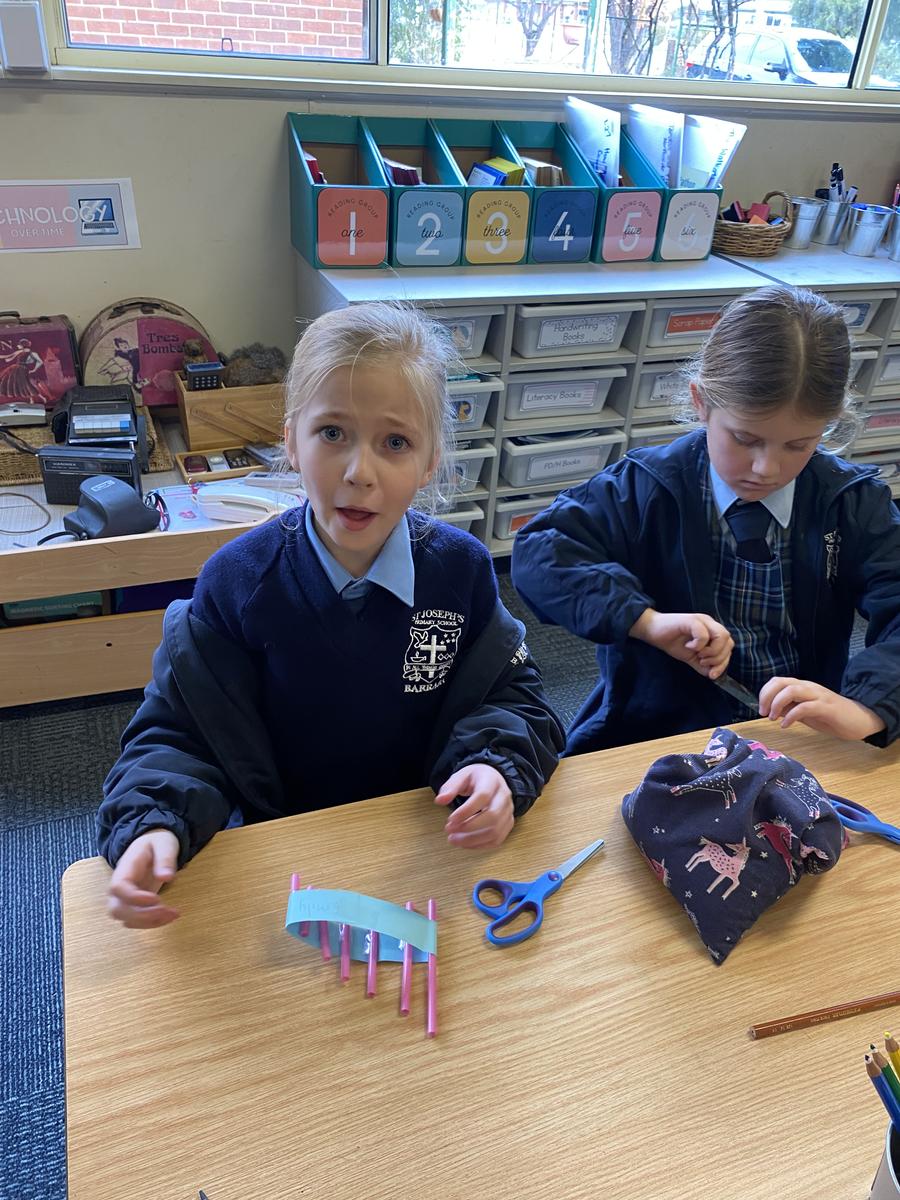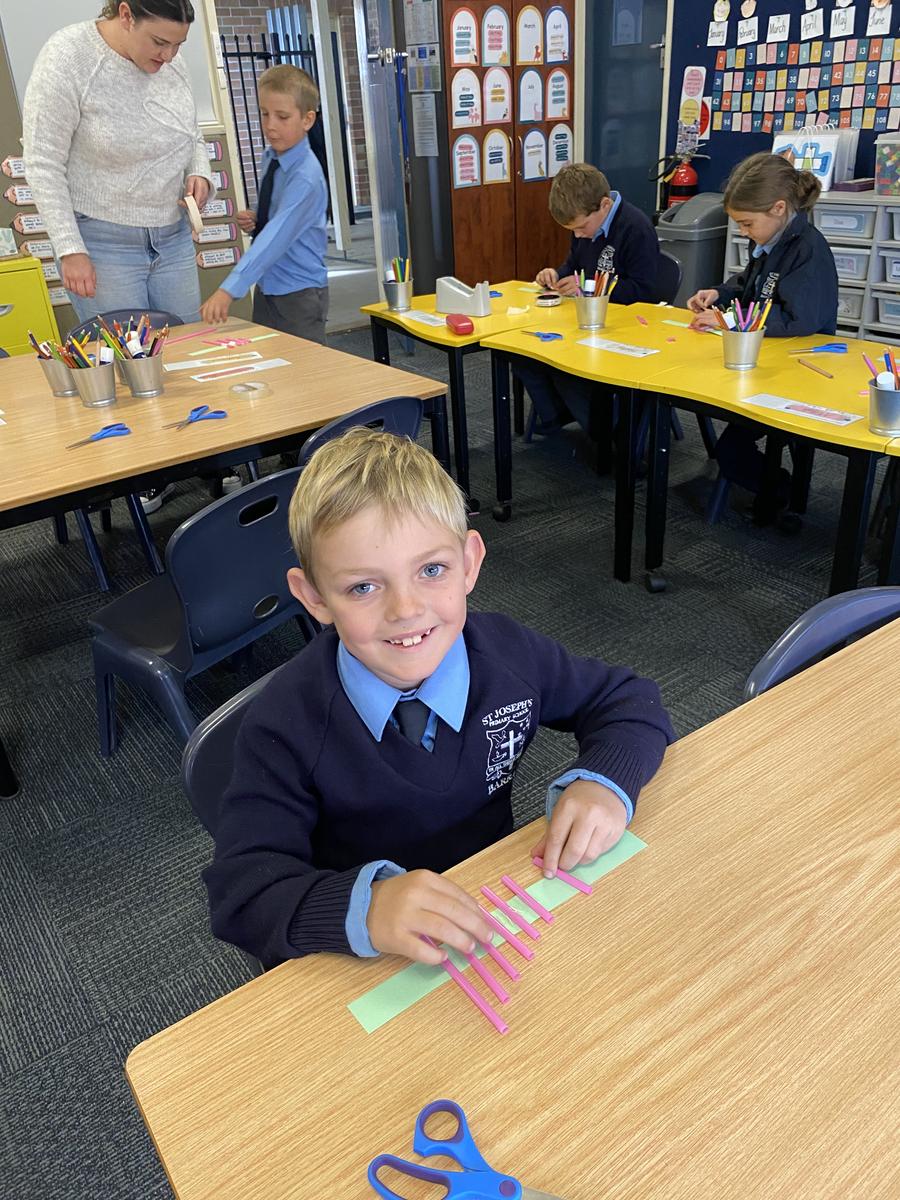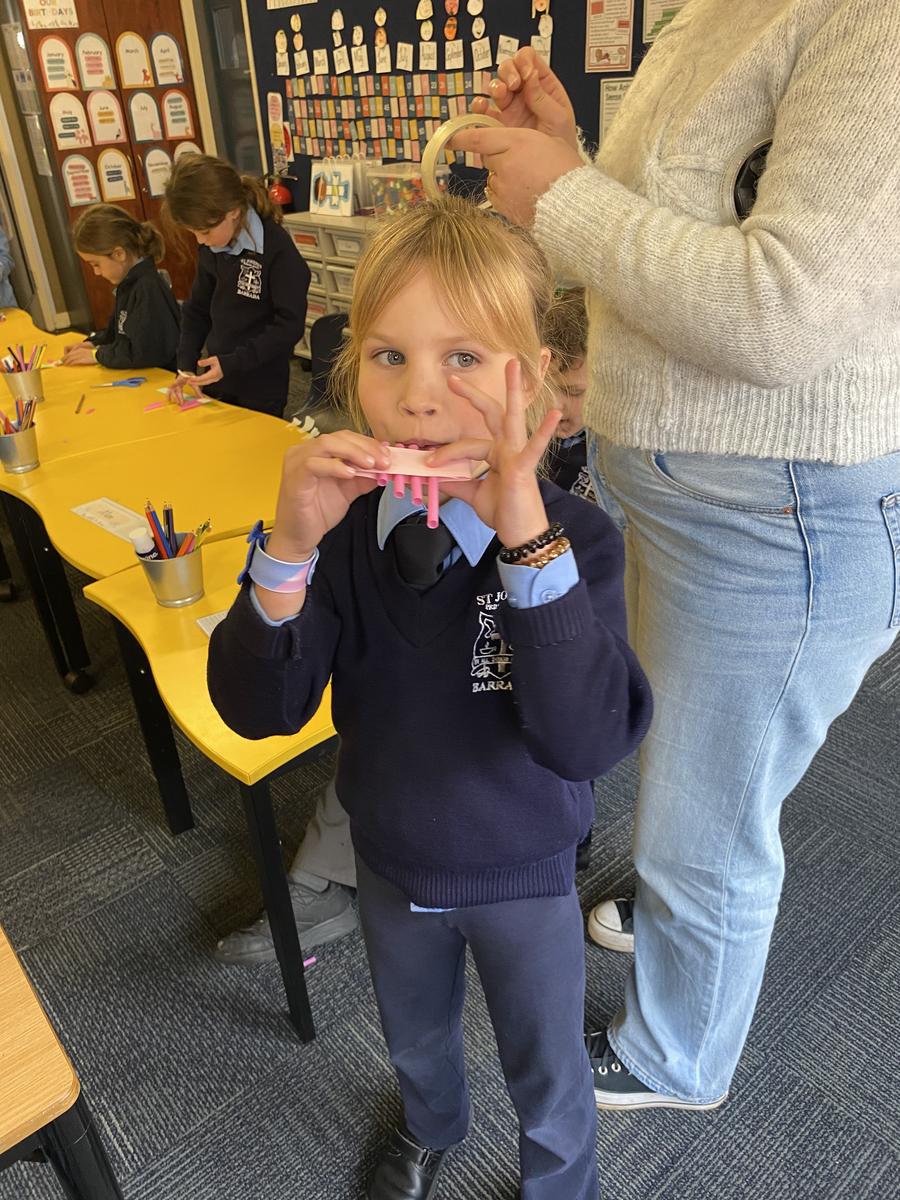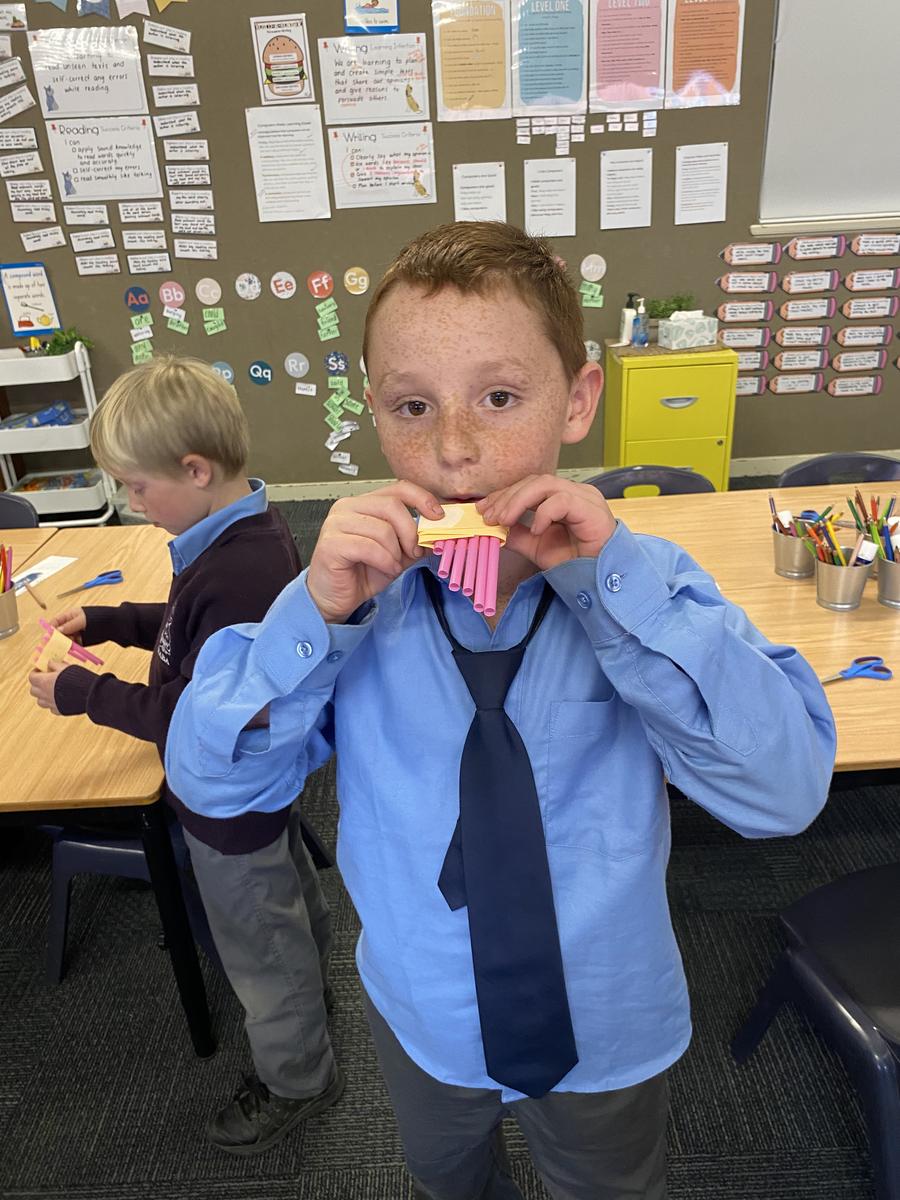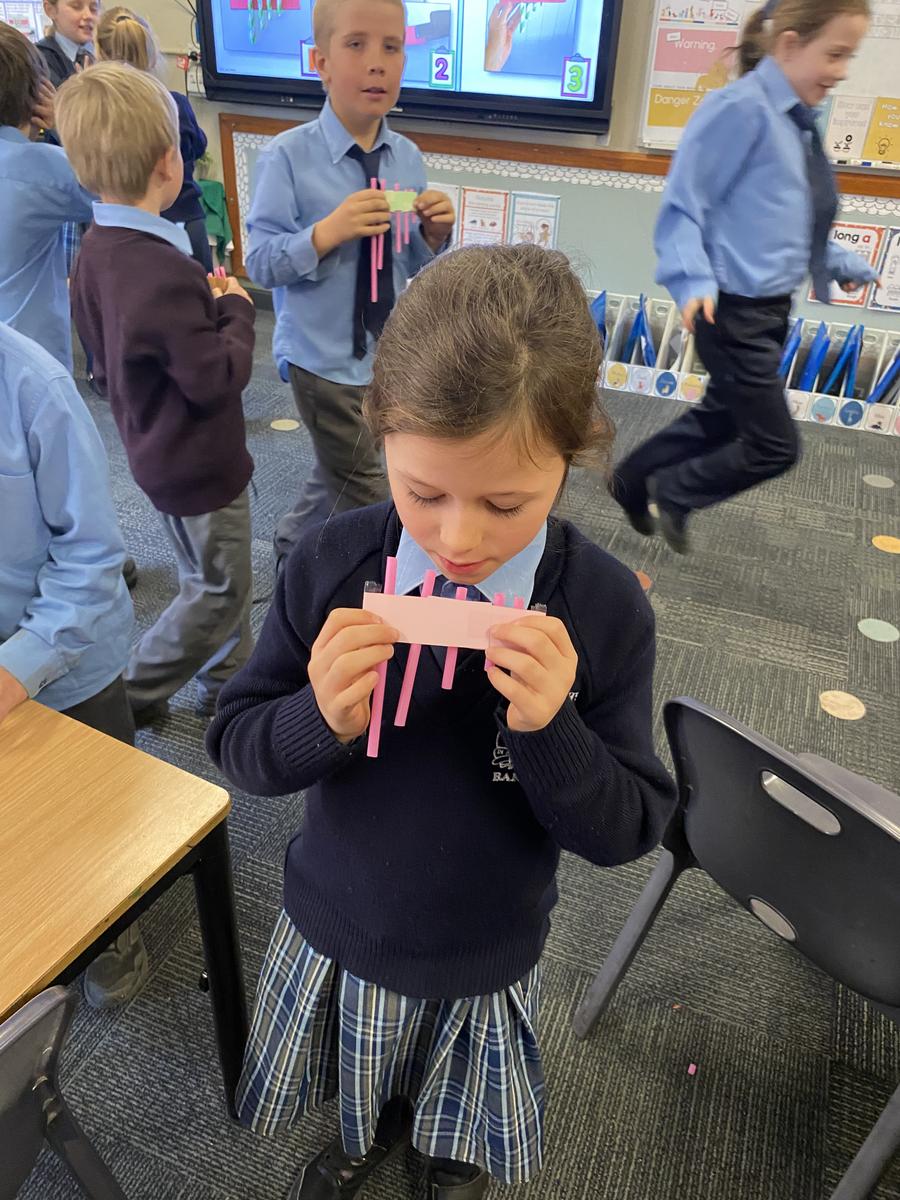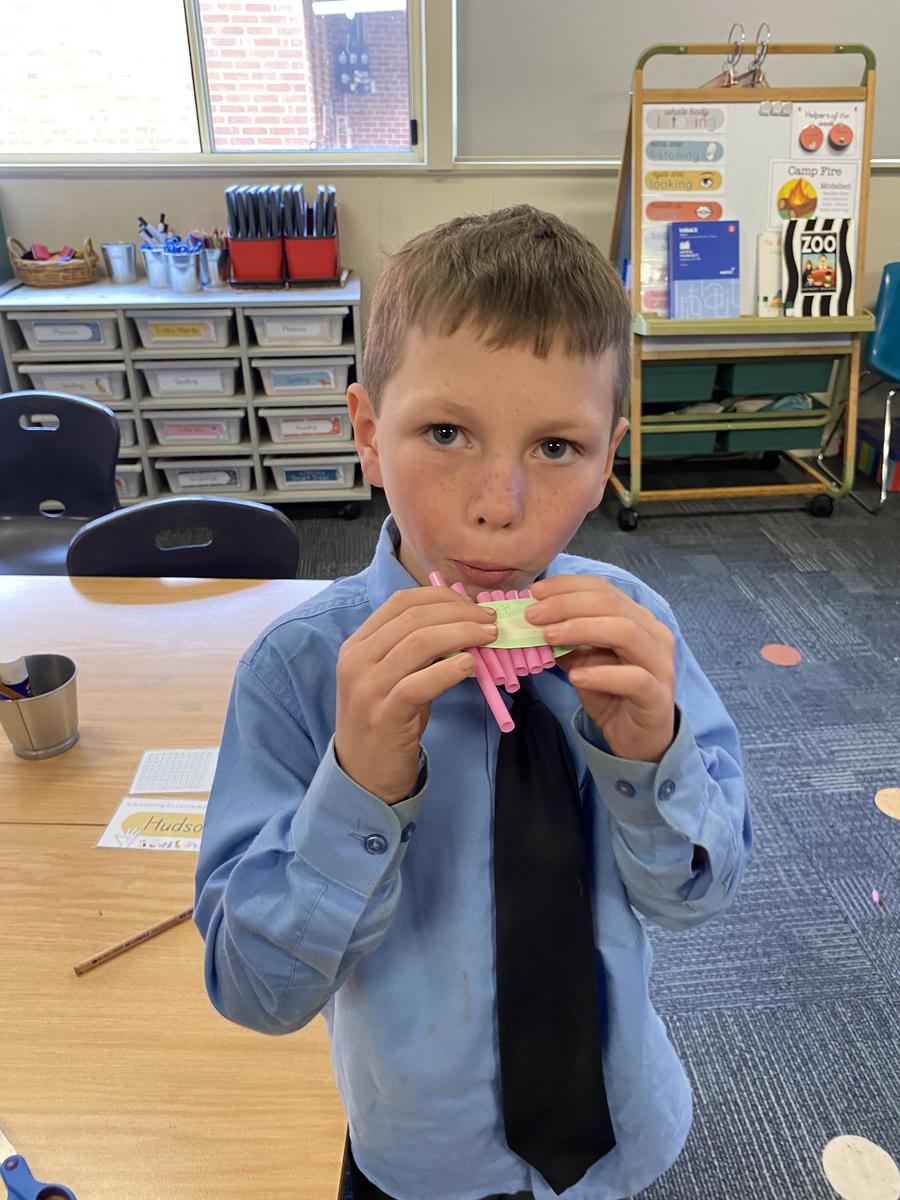Learning News 1/2
Mrs Amy Phillips

Learning News 1/2
Mrs Amy Phillips
As part of our ongoing focus on spelling, I thought it would be nice to showcase some of the fun phonics and spelling activities we’ve been doing during reading groups. These hands-on games and word building tasks not only support key literacy skills but also help students develop a love for language in a fun and engaging way.
From Bananagrams and Spelling Dominoes to Boggle and word building challenges, students are strengthening their phonemic awareness, recognising patterns, and improving their spelling, all while enjoying the process!
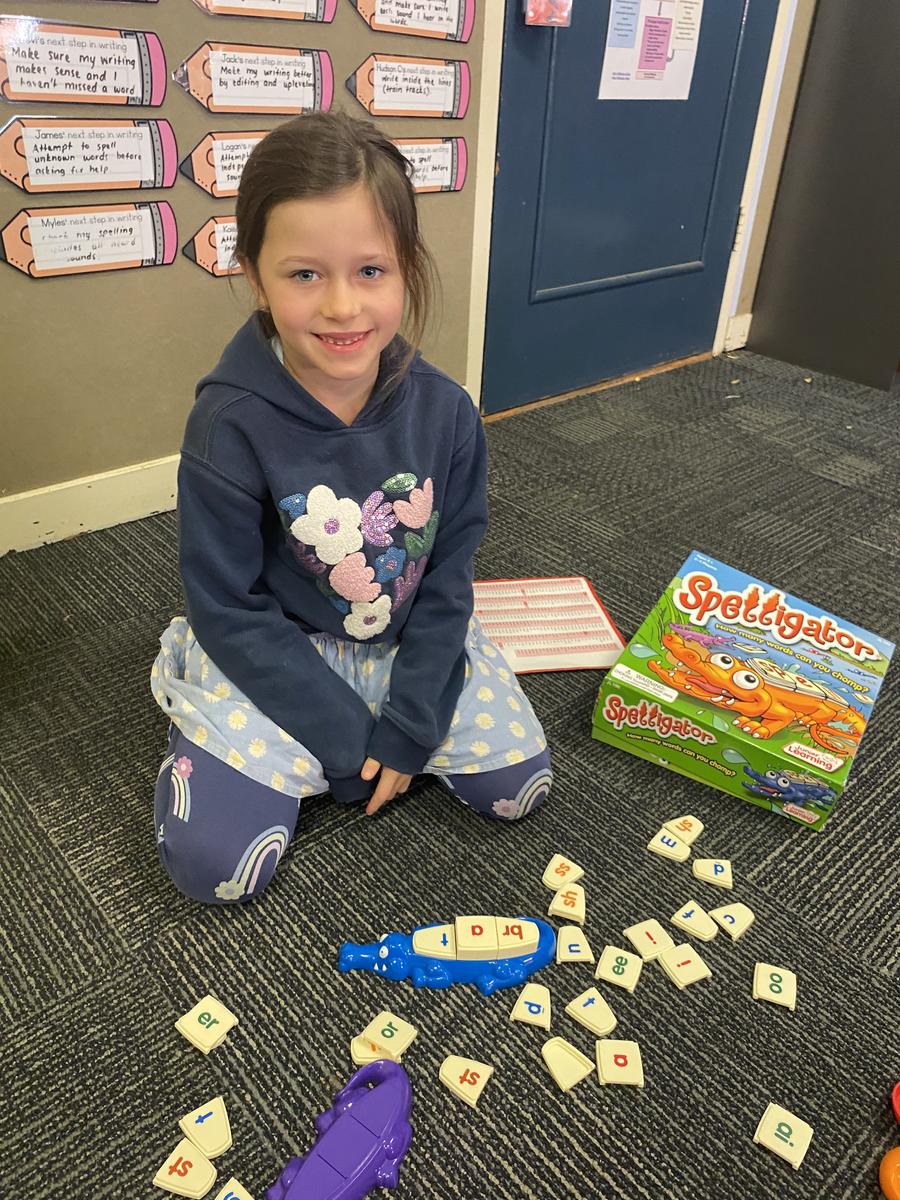
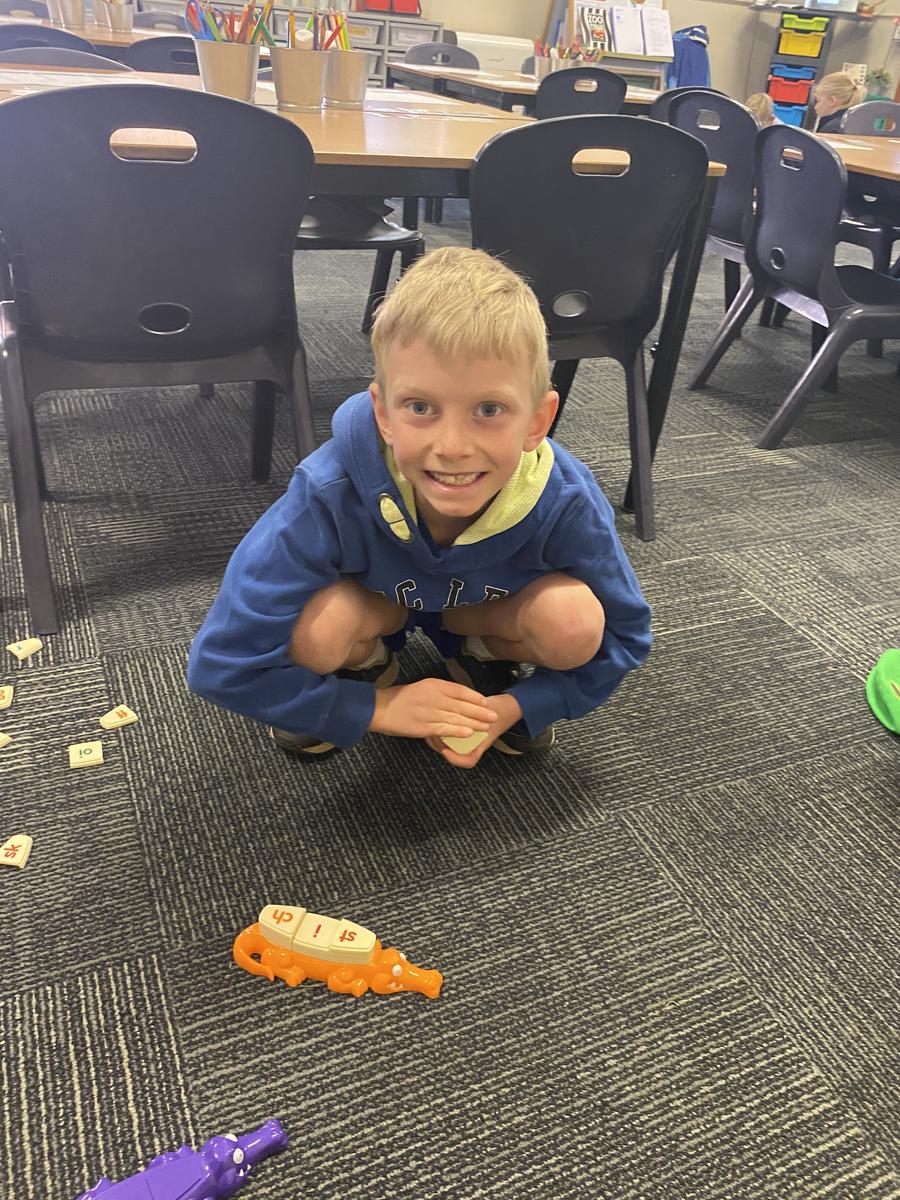
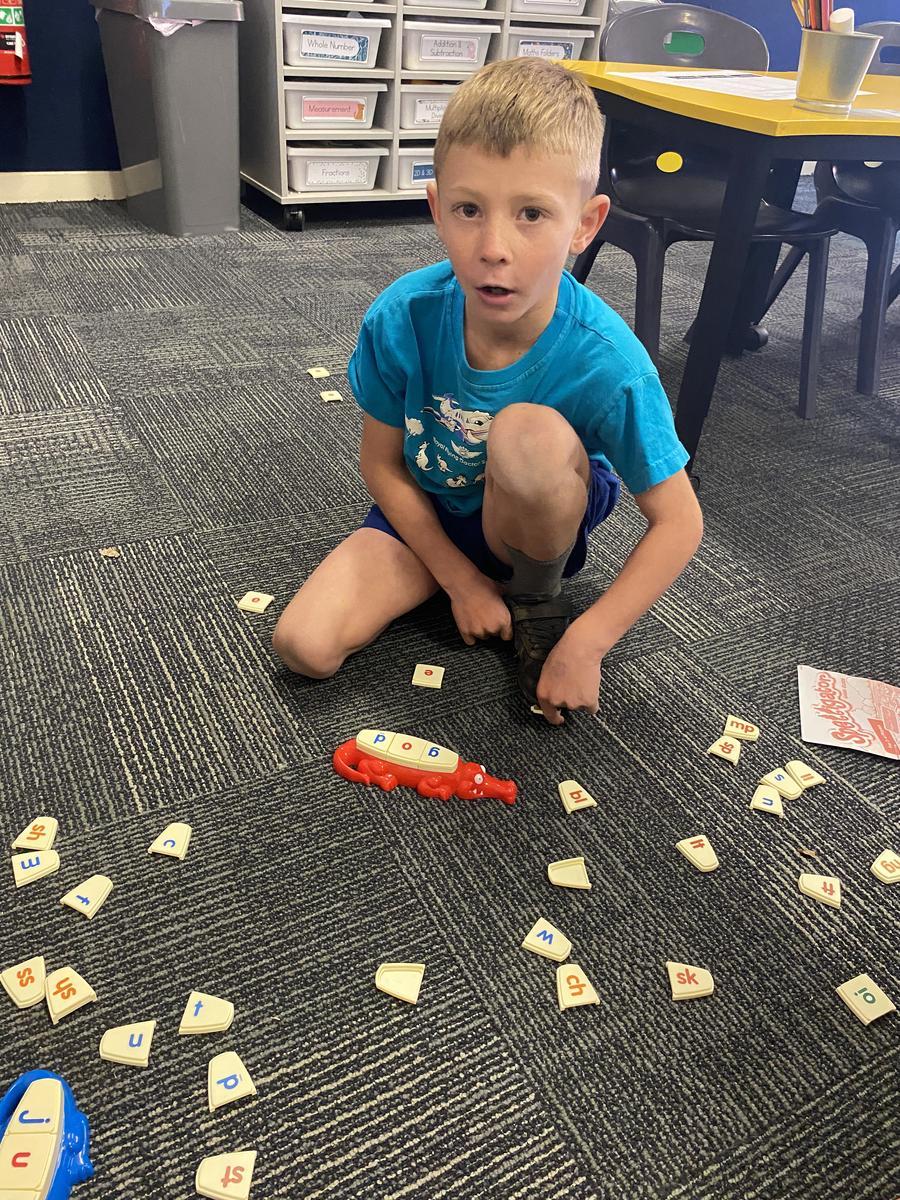



Spelligator: This fun and engaging word-building game helps children develop important early reading skills. As they play, they learn how sounds and letters work together (called phonemic awareness), and explore different letter combinations such as consonants, vowels, digraphs (like "ch" or "sh"), and blends (like "bl" or "st"). The aim is to create as many words as possible — the player with the most words at the end wins!
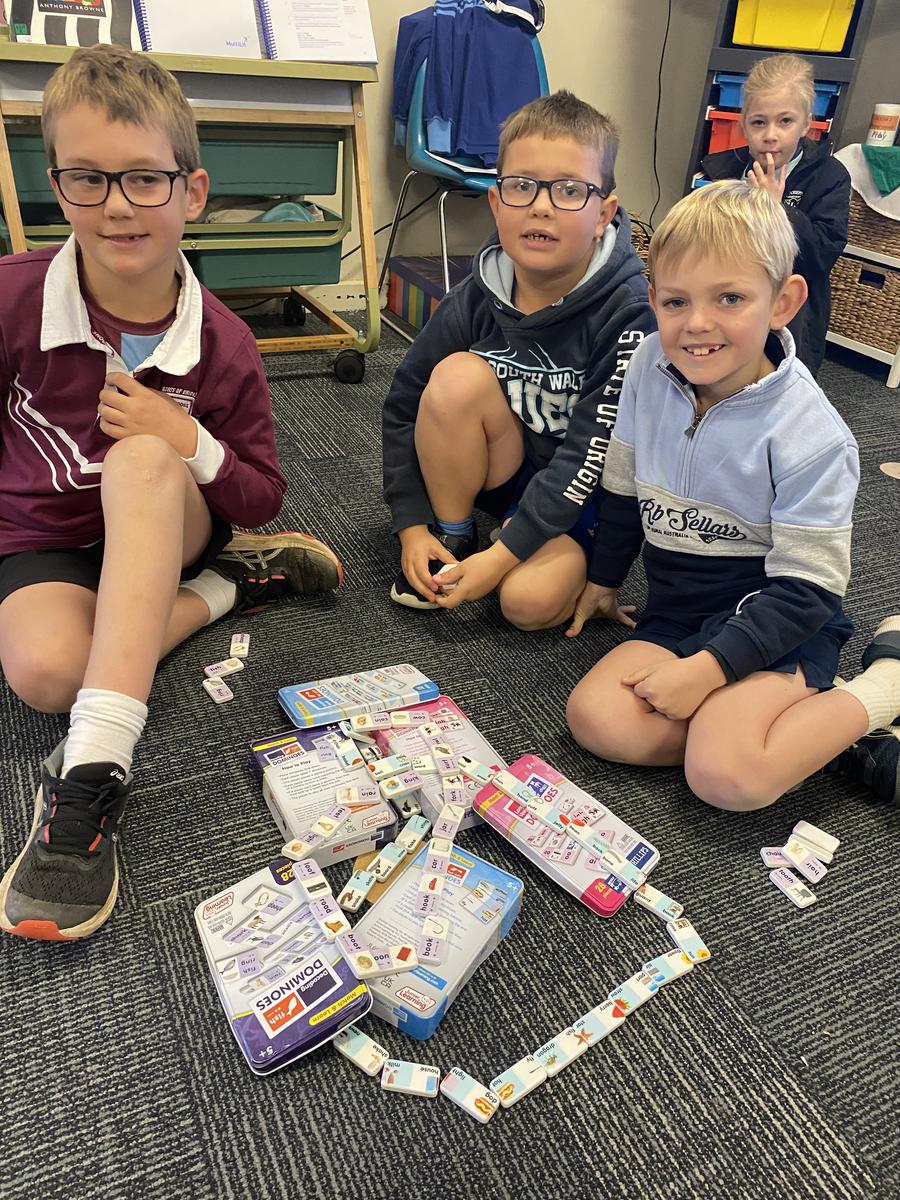

Decoding, compound words, and long vowel dominoes: In this hands-on activity, children match dominoes by connecting words or parts of words that follow similar spelling rules or patterns. As they play, they practise recognising spelling rules, word endings, prefixes, suffixes, and other word-building ideas.
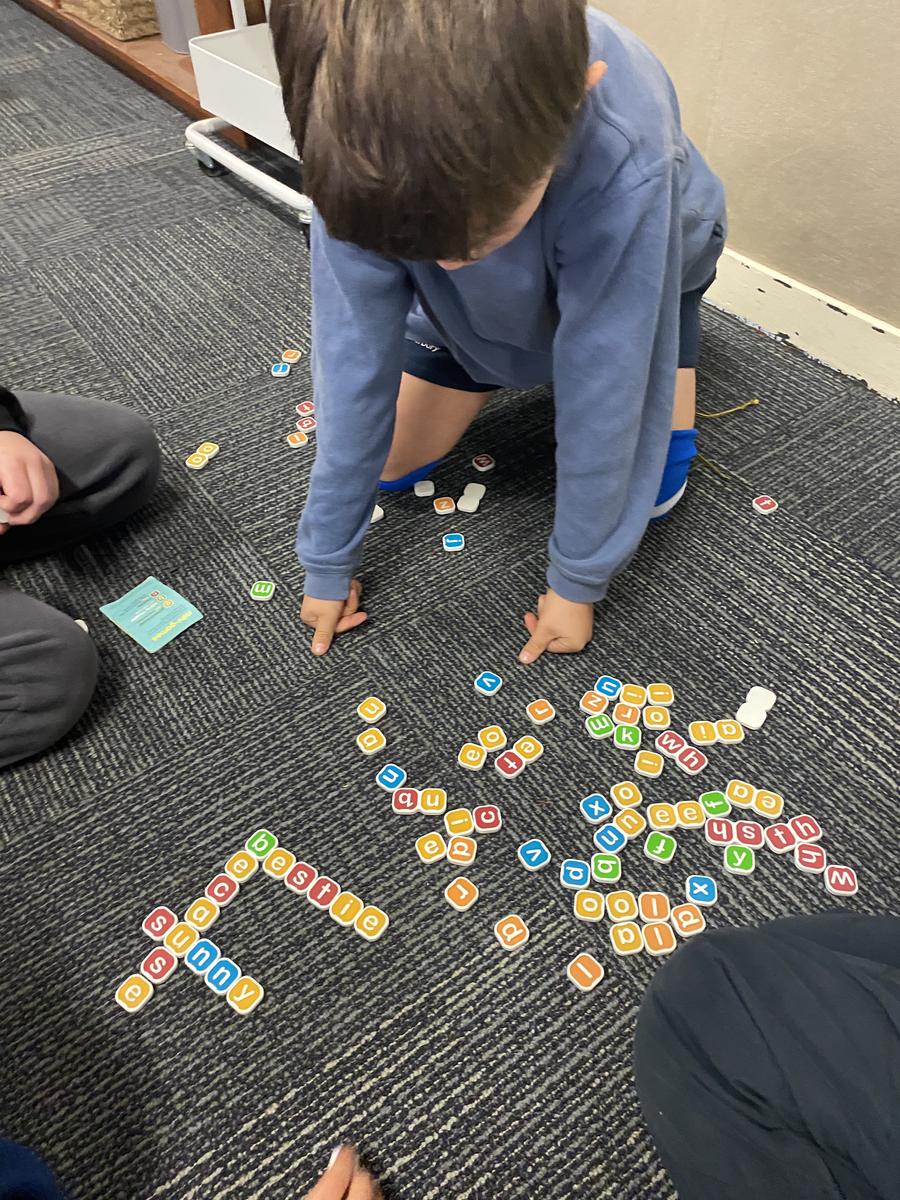
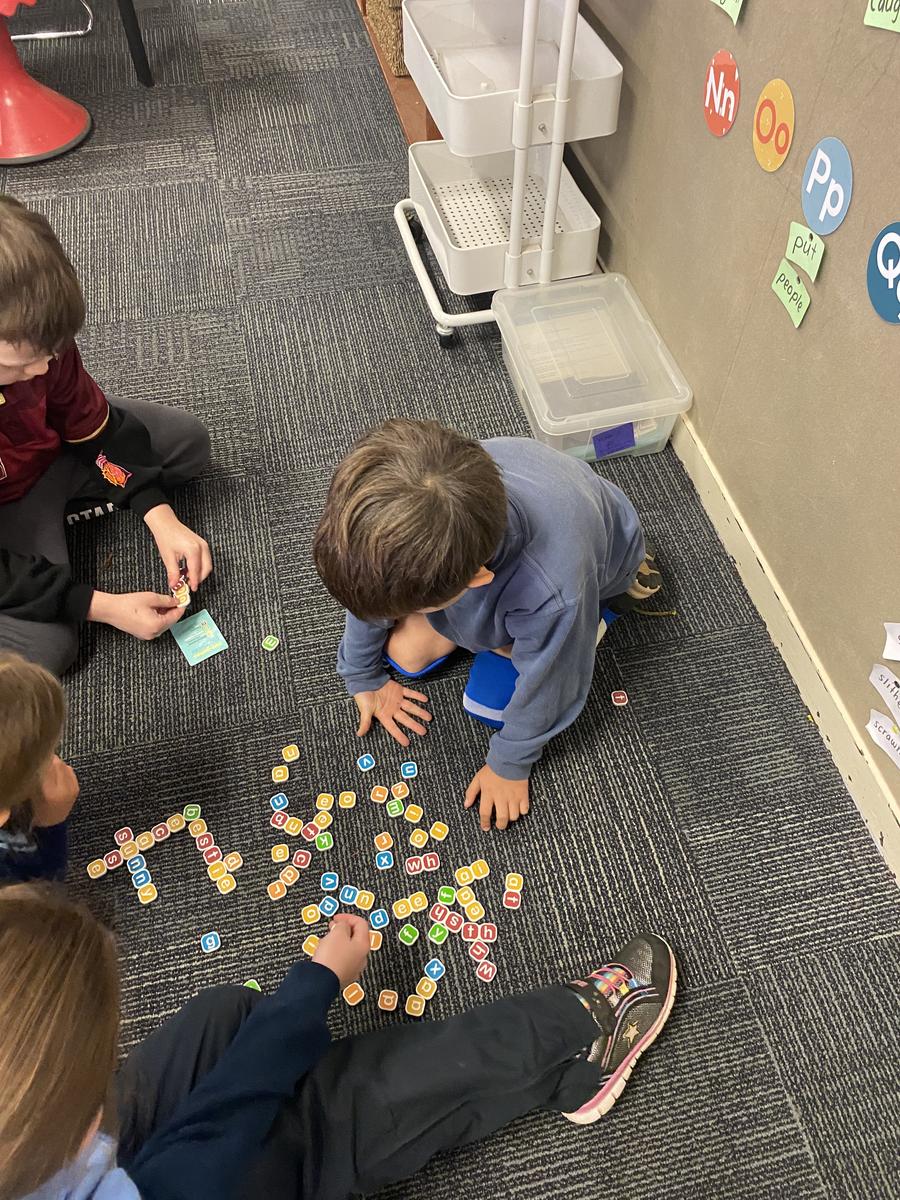


Bananagrams: Is a word game that uses lowercase letter tiles, helping children develop a love for wordplay while supporting early reading and spelling skills. The game includes special combo-letter tiles (like "th" or "sh") that help children begin building words more easily. As they play, students practise spelling, recognise letter patterns, and strengthen their vocabulary.
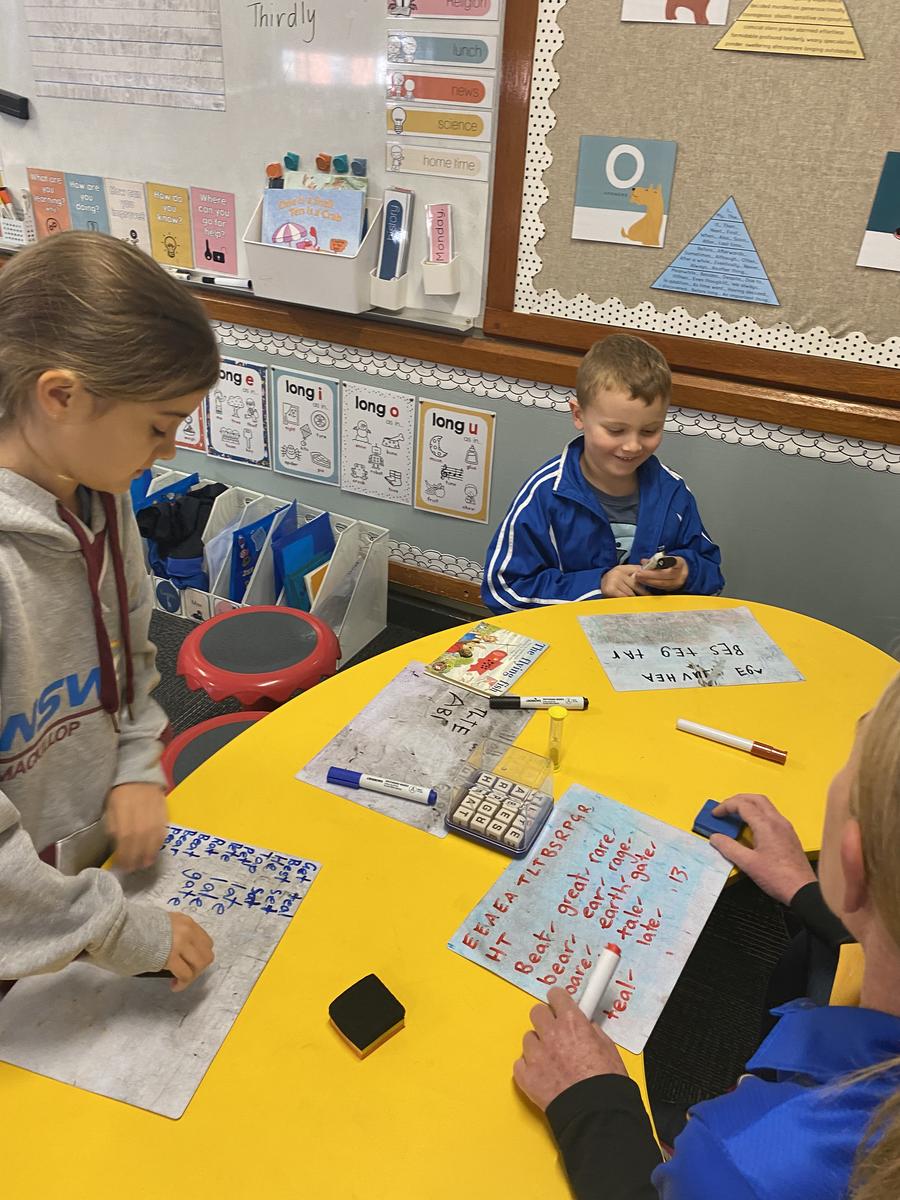
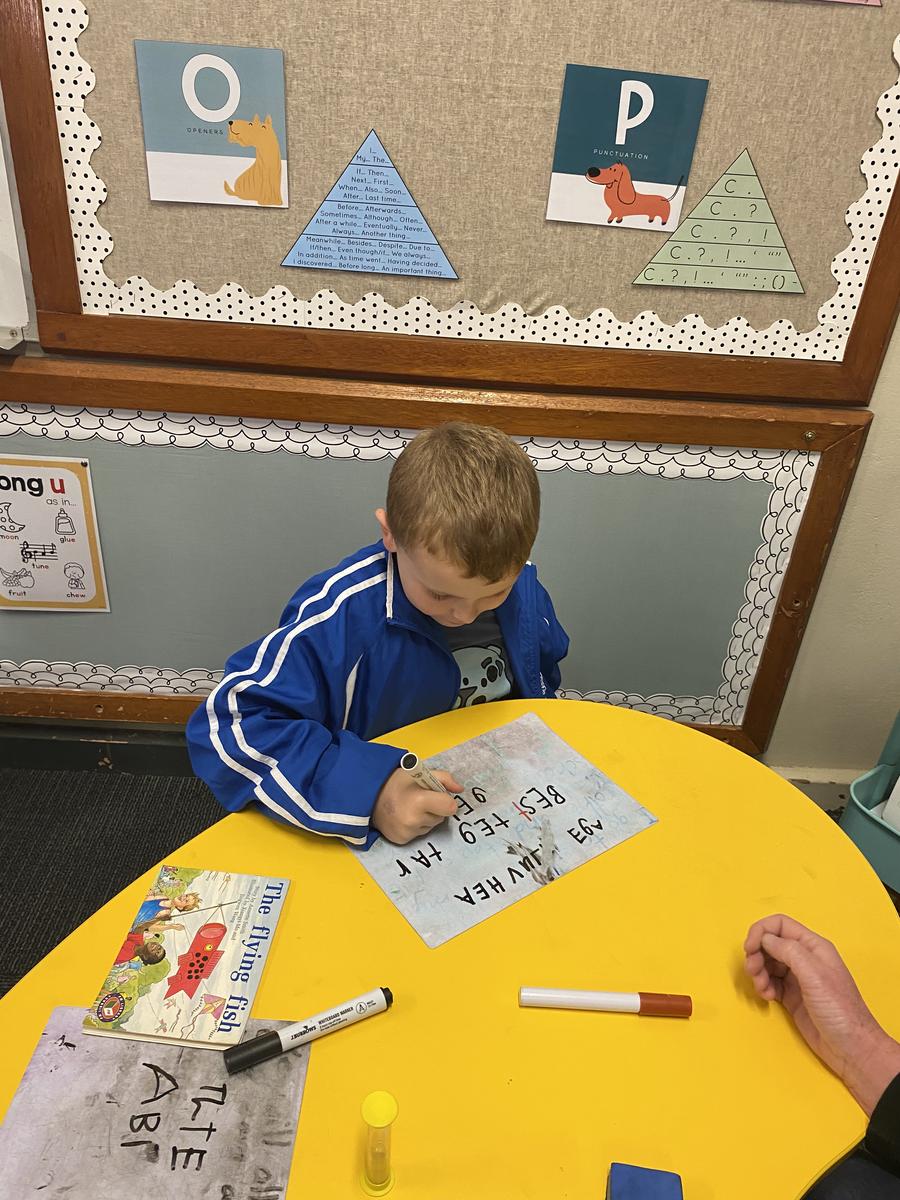


Boggle: Boggle is a fun word search game that helps children build their spelling and vocabulary skills. Players shake a grid of letter cubes, then race to find and write down as many words as they can by connecting letters that touch (in any direction). It encourages quick thinking, attention to spelling patterns, and recognising common word structures.
Science – Exploring Sound
In our Science lessons, the Year 1/2 students have continued learning about sound, with a focus on pitch. They conducted an investigation using glasses filled with different amounts of water to explore how the water level affects the pitch produced.
This week, students had fun creating their own pan pipes using straws. They experimented with straw length and discovered how shorter or longer straws change the pitch of the sound they make. It’s been a hands-on and engaging way to explore the science of sound!
